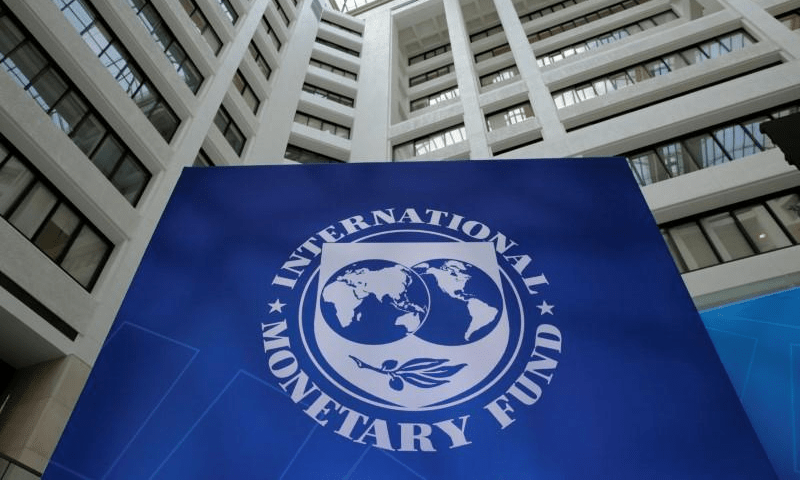
On May 24, it was reported that Pakistan and the International Monetary Fund (IMF) have not yet finalized their complete accord regarding next year’s budget objectives. An IMF delegation arrived in Pakistan on May 19 for meetings with governmental representatives. These discussions encompassed an overview of the nation's financial condition, advancements within the ongoing loan programs, as well as crucial fiscal aims. Despite making headway during these sessions, several issues remain unaddressed. Consequently, the IMF stated that further negotiations would ensue over the following days.
In the course of the discussions, Pakistan demonstrated its dedication to maintaining fiscal stability and safeguarding expenditures related to social programs. Both parties concurred on targeting a primary budget surplus equivalent to 1.6% of the country’s GDP. Expanding the taxable population and boosting governmental revenue were additional topics addressed during these sessions. The IMF advocated for improved expenditure management along with structural changes within the energy industry. Lowering the expense associated with generating electricity emerged as yet another key area of concentration throughout their conversations.
Furthermore, the IMF requested that Pakistan continue with its stringent monetary policy to combat inflation. They recommended maintaining inflation within a range of 5% to 7%. Conversations also revolved around enhancing foreign exchange reserves and stabilizing the currency market. The IMF emphasized the importance of sustaining a flexible exchange rate. All these measures are intended to foster long-term economic development.
In the meantime, Pakistani authorities sought tax exemptions in particular regions to aid economic recuperation. This applies specifically to the salaried workforce and the property market. Although the IMF did not dismiss these suggestions outright, they called for accurate statistics and a well-defined strategy. Additionally, the organization urged provincial governments to reduce expenditures and boost revenue collection. Crucially, the IMF insisted on comprehensive measures to ensure taxation of agricultural earnings.
Discussions between the IMF and Pakistan commenced on May 15 via video conferences held in Türkiye. Subsequently, face-to-face meetings initiated on May 19 within Pakistani territory. Up until now, definitive terms have yet to be established. The IMF mentioned that the subsequent evaluation of the lending arrangement along with the climate financing scheme might occur during the latter part of 2025. In the meantime, both parties will continue their efforts towards reaching an ultimate accord.


No comments:
Post a Comment